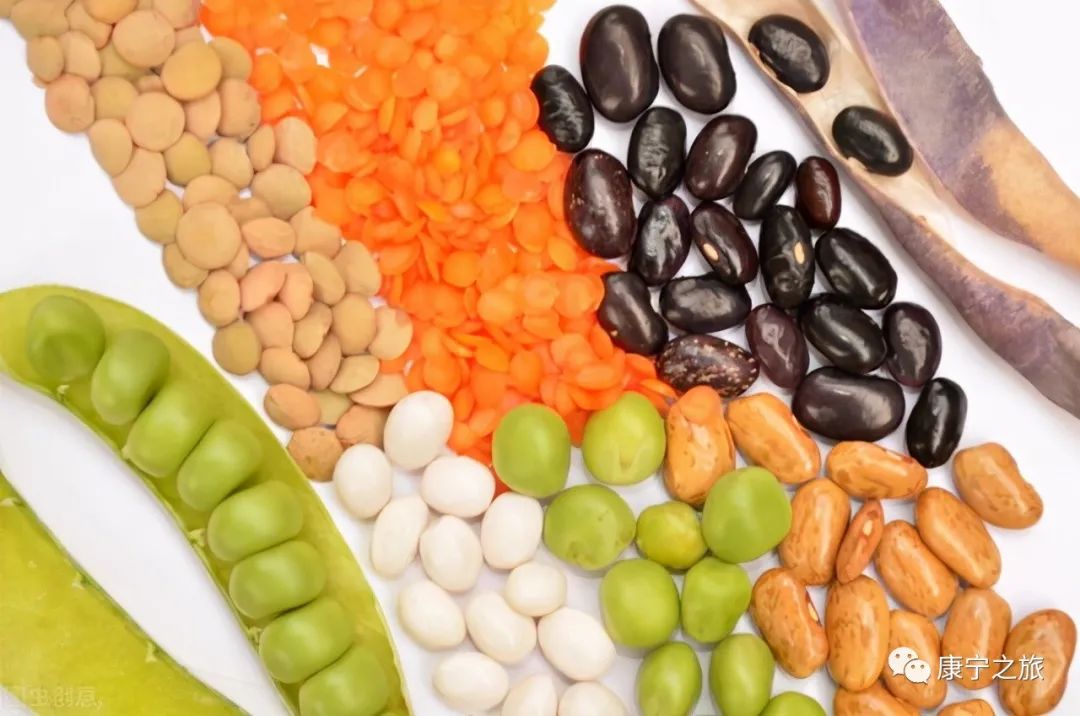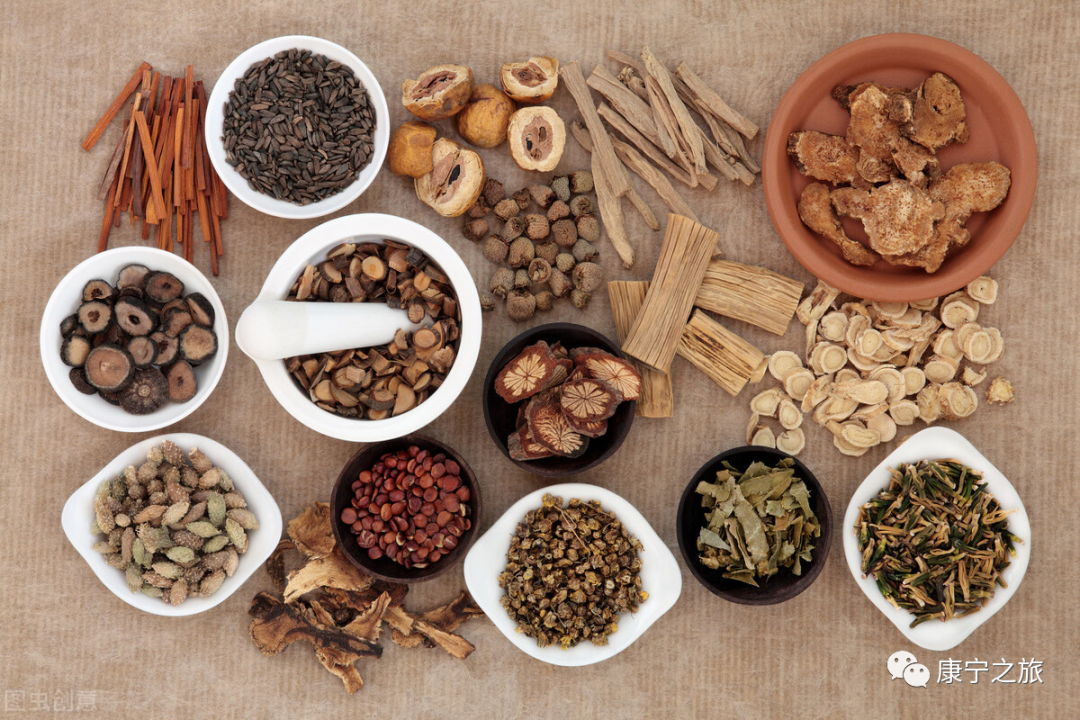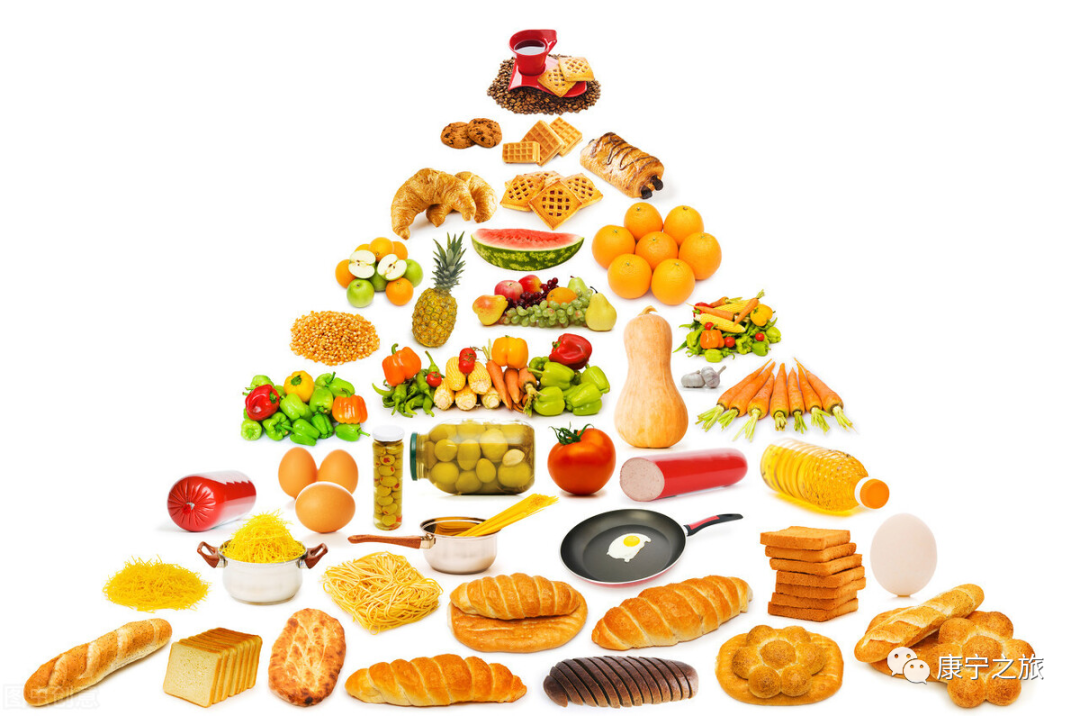A patient recently asked me in a private message: What is the difference between Spleen-Stomach Yang Deficiency (Pi Wei Xu Han) and Spleen-Kidney Yang Deficiency (Pi Shen Xu Han)? Previously, a doctor at the hospital diagnosed him with one of these conditions, but he couldn’t remember which one. He described his symptoms as diarrhea, lower back and knee pain, and a fear of cold. Although these two conditions differ by only one character, their affected areas and symptoms are quite different. Today, I will explain the differences between Spleen-Stomach Yang Deficiency and Spleen-Kidney Yang Deficiency.

The Difference Between Spleen-Stomach Yang Deficiency and Spleen-Kidney Yang Deficiency
Spleen-Kidney Yang Deficiency is primarily characterized by symptoms such as chronic diarrhea, dysentery, edema, and cold pain in the lower abdomen. It is commonly seen in conditions like deficiency syndrome, diarrhea, dysentery, edema, abdominal distension, and atrophy, as well as in Western medicine diagnoses like chronic nephritis and chronic renal failure.
Spleen-Stomach Yang Deficiency, also known as Spleen-Stomach Yang Deficiency (Pi Wei Yang Xu), refers to a condition caused by weakness of the spleen and stomach or irregular eating habits, leading to insufficient Spleen Yang, which results in internal cold. This causes the stomach to lose warmth and nourishment, and the spleen to lose its regulating function. Symptoms include abdominal pain that prefers warmth and pressure, a pale and moist tongue, a weak pulse, and diarrhea or loose stools. It is often seen in conditions like stomach pain and blood in stools.
The patient who consulted me earlier belongs to the category of Spleen-Kidney Yang Deficiency. So how can we adjust for Spleen-Kidney Yang Deficiency and Spleen-Stomach Yang Deficiency?

How to Adjust?
Patients with Spleen-Stomach Yang Deficiency should warm and tonify the spleen and stomach. They should consume warm, easily digestible foods, such as lamb cooked into porridge or soup, which are effective for nourishing Spleen-Stomach Yang. Additionally, using warming ingredients like scallions, ginger, garlic, leeks, and onions in cooking can help dispel cold and regulate the spleen and stomach.
Patients with Spleen-Kidney Yang Deficiency should warm and tonify the spleen and kidneys. This condition arises from a deficiency of Yang Qi in the spleen and kidneys, leading to internal cold. The kidneys store essence and are the foundation of congenital health, while the spleen is the source of postnatal vitality and blood production. Both must nourish each other. Patients with kidney deficiency often also experience spleen deficiency, and vice versa. It is advisable to tonify both the spleen and kidneys together. Following medical advice, one can take Gu Jing Bu Shen Wan (Solid Essence and Tonify Kidney Pill) for comprehensive adjustment. This formula consists of various Chinese herbs that warm and tonify the spleen and kidneys, suitable for patients with Spleen-Kidney Yang Deficiency.

Precautions:
-
Attention should be paid to improving living conditions and dietary adjustments. Ensure adequate sleep, avoid staying up late, and enhance immunity. Avoid overeating, excessive alcohol consumption, and smoking.
-
Patients with colds or constipation due to excess heat should not take Chinese medicine, especially if they experience symptoms like mouth sores, dizziness, and sore throat.
-
Additionally, the Gu Jing Bu Shen Wan mentioned in the text is a nourishing medicine that is better absorbed when taken before meals or on an empty stomach, enhancing its nourishing effects.
-
Foods to avoid: Patients with Spleen-Kidney Yang Deficiency should avoid cold, damp, and heavy foods that can harm Yang Qi and are difficult to digest, such as glutinous rice, buckwheat, oats, tofu, pork, duck, pine nuts, peanuts, black fungus, bitter melon, water bamboo, celery, winter melon, eggplant, hollow vegetables, spinach, longan, bananas, and honey. Patients with Spleen-Stomach Yang Deficiency should avoid raw, cold, greasy, and spicy foods, such as barbecued foods, fried skewers, watermelon, cold drinks, cakes, and seafood, as well as other hard-to-digest foods.


